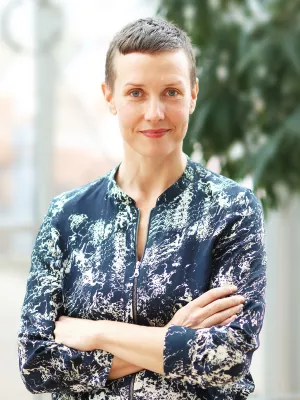
Tullia Jack
Associate senior lecturer, associate professor

Feminist LCAs : Finding leverage points for wellbeing within planetary boundaries
Author
Summary, in English
Life Cycle Assessment (LCA) studies are valuable tools for identifying high impact processes and redesigning supply chains. However, LCAs have limits, in the sense that they offer insight into relative sustainability and don't question whether a product, or its use, is sustainable in absolute terms. In this intentionally provocative paper, you join Emma, a fictional average American 15-year-old, as she consults an LCA researcher, a sustainable consumption expert and a sociologist to investigate the best way to reduce the environmental impact of her hair removal. This paper presents a streamlined LCA for shaving, waxing and laser and connects this to a socio-material analysis of the history of hair removal in the USA to offer intervention into leverage points beyond Emma's choice of product. Our argument is not that avoiding shaving or waxing or laser is ‘the best’ action an individual could take to lower their environmental impact, instead we highlight how even the smallest activities coalesce into billion-dollar industries globally, with attendant billion tonne emissions. Thus, we utilise some of Danielle Meadows' twelve strategic leverage points to change systems in order to identify other interventions, such as (6) shifting information flows to make LCAs more impactful and accessible; (4) self-organising to normalise hairiness; or (3) changing the goals of the system. For example, valuing wellbeing over profit would arguably lead to regulation preventing medical professionals from marketing painful non-medical procedures. This paper reflects on how individuals make sense of their environmental impact within systems and argues for an increased emphasis on global wellbeing and absolute sustainability.
Department/s
- Department of Service Studies
Publishing year
2023
Language
English
Pages
546-555
Publication/Series
Sustainable Production and Consumption
Volume
39
Document type
Journal article
Publisher
Elsevier
Topic
- Environmental Sciences
Keywords
- Absolute environmental sustainability assessments
- Life Cycle Assessment
- Socio-material histories
- Strategic leverage points
- Sufficiency policies
- Systems thinking
Status
Published
Project
- Service Studies Sustainability
ISBN/ISSN/Other
- ISSN: 2352-5509

